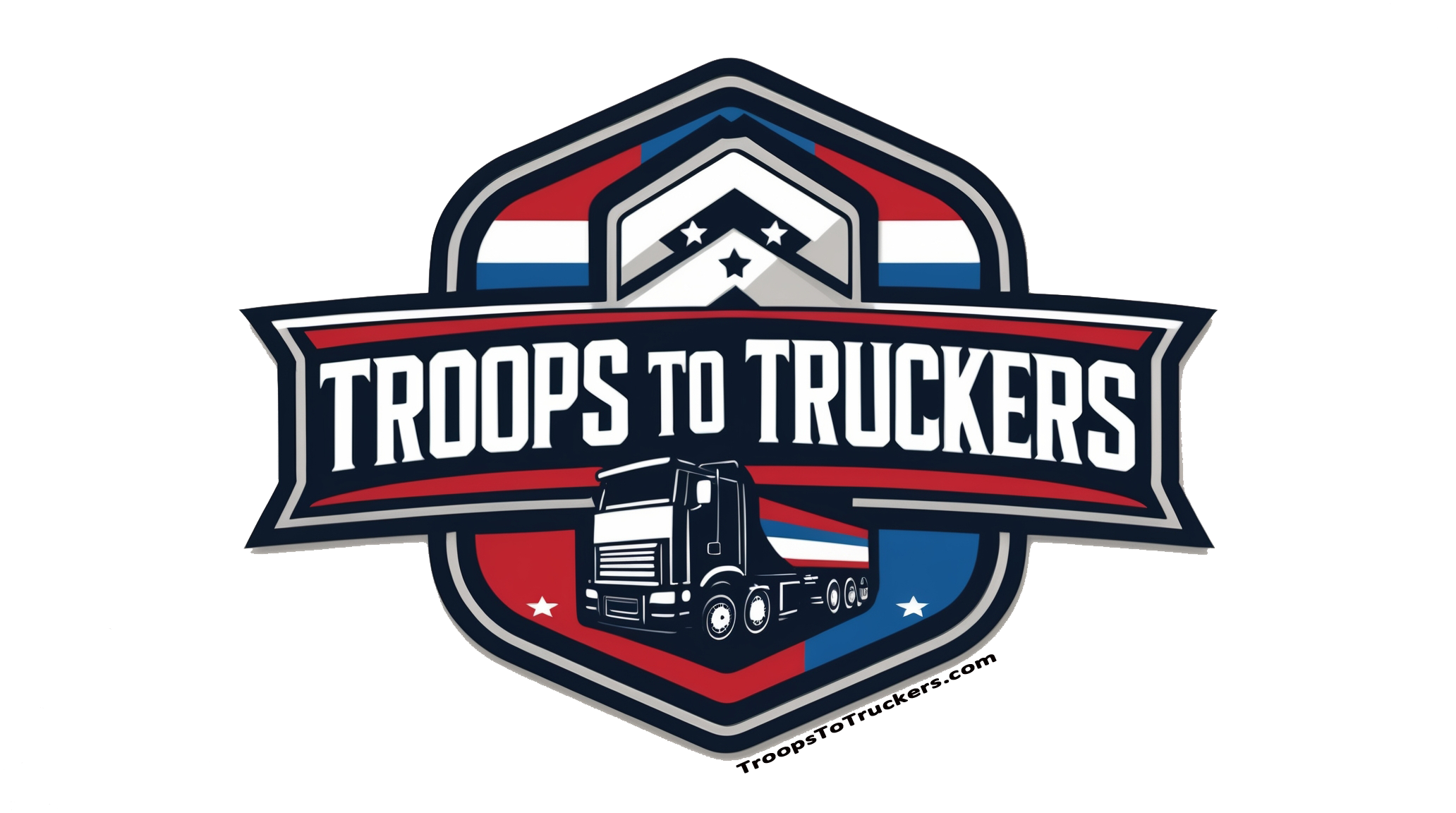 Characteristics of Good Transportation Companies
Characteristics of Good Transportation Companies
In the commercial trucking industry, finding the right employer is more than just landing a job. It’s about finding a company that aligns with your personal values, professional goals, and lifestyle. For truck drivers, especially those new to the field, choosing the right employer can set the foundation for a successful and fulfilling career.
With so many transportation companies out there, it’s essential to know what to look for in an employer and how to evaluate whether they are a good fit. In this chapter, we’ll explore the characteristics of top-tier transportation companies and provide guidance on evaluating potential employers to find one that meets your needs.
Characteristics of Good Transportation Companies
A strong transportation company offers more than just a paycheck. The best companies recognize that their drivers are essential to their operations and treat them with respect, fairness, and care. Here are some key characteristics of good transportation companies:
Competitive Pay and Benefits
A quality transportation company offers competitive pay that aligns with industry standards and experience levels. However, pay alone doesn’t make a company great. Good companies also provide benefits such as health insurance, retirement plans, paid time off, and possibly even incentives or bonuses for safe driving and high performance.
Competitive Pay: Look for companies that offer pay structures that reflect the industry standard or better. Pay models may vary, with some companies paying by the mile, hour, or as a percentage of the load. Be sure to understand the pay structure and how it impacts your earnings.
Bonuses and Incentives: Good companies often reward drivers for safe driving records, fuel efficiency, and consistent on-time deliveries. These bonuses and incentives show that the company values its drivers and recognizes their contributions.
Health and Retirement Benefits: Health insurance is crucial, especially for drivers who spend long hours on the road. Retirement plans, such as 401(k) matching, also demonstrate a company’s commitment to its employees’ long-term well-being.
Paid Time Off: For many drivers, time with family and personal downtime are essential. Companies that offer paid time off, vacation days, and paid holidays support a healthier work-life balance.
Safety Culture and Driver Support
Safety should be a priority for any reputable transportation company. The best companies emphasize safety in their policies, procedures, and support systems. A strong safety culture not only protects drivers but also reduces stress and helps maintain a positive work environment.
Commitment to Safety: Look for companies that prioritize safety through ongoing training, well-maintained vehicles, and a proactive approach to regulations and compliance. A company that cuts corners on safety to maximize profits may put drivers at unnecessary risk.
Access to Resources: A good transportation company provides resources to support driver safety, including regular vehicle maintenance, emergency roadside assistance, and access to safety equipment.
Open Communication Channels: Companies with a safety-focused culture maintain open lines of communication, encouraging drivers to report concerns or issues without fear of retaliation. This openness fosters a supportive and trust-based relationship.
Ongoing Training and Development: Continuous safety training and development opportunities show that a company cares about keeping its drivers up-to-date on the latest practices and technology.
Transparent Policies and Fair Treatment
Reputable transportation companies are transparent about their policies and expectations. A strong company will communicate clearly about routes, schedules, pay, and other job-related details, so drivers know what to expect.
Clear Job Expectations: Look for companies that outline job expectations during the hiring process, including routes, delivery schedules, home time, and other relevant details.
Fair and Equal Treatment: Good companies treat all drivers fairly, regardless of their experience level or employment status. Companies that have favoritism or unfair treatment of drivers create a toxic environment that can lead to dissatisfaction and turnover.
Responsive Management: The best companies have approachable managers who respond to drivers’ needs, concerns, and feedback promptly and effectively.
Support for Career Advancement
Many drivers are interested in growing their careers within the industry, whether through advancement to managerial positions, specialized driving roles, or other opportunities. Good transportation companies support their drivers’ career growth by offering pathways for development.
Career Pathways: Some companies provide opportunities for drivers to move into positions such as dispatching, safety management, or even fleet management. Others may offer specialized roles for experienced drivers, such as hauling hazardous materials or oversized loads.
Tuition Assistance and Training Programs: Companies that invest in drivers’ education, certifications, or additional training show that they value employee development. For example, a company might cover the cost of training for specific endorsements (such as tankers or hazmat), which can help drivers advance their careers.
Respect for Work-Life Balance
Life as a truck driver can be challenging, with long hours on the road and significant time away from family. A good employer recognizes this and strives to create a work-life balance that allows drivers to recharge.
Flexible Scheduling: Companies that offer flexible schedules and predictable home time are highly desirable, as they allow drivers to plan for family events, personal downtime, and more.
Support for Family Needs: Some companies offer family-related benefits or recognize family as a priority for their drivers. This respect for family time goes a long way in building loyalty and long-term employee satisfaction.
Evaluating Potential Employers
Finding a transportation company that fits your goals, values, and lifestyle requires careful evaluation. Here are some tips on how to assess potential employers effectively:
Research Online Reviews and Ratings
The internet is full of resources where drivers share their experiences with different companies. Platforms like Glassdoor, Indeed, and truck driver forums can provide insight into the company culture, management style, and work conditions.
Talk to Current or Former Employees
If possible, reach out to current or former employees to get a first-hand perspective. These conversations can provide valuable information about the company’s culture, management, and overall treatment of drivers.
Ask the Right Questions During Interviews
During interviews, ask questions that will help you determine whether the company aligns with your needs and goals:
- What is the pay structure, and how are drivers compensated for overtime or extra miles?
- How frequently are drivers able to return home, and how predictable is the scheduling?
- What safety policies and resources are in place for drivers?
- What are the opportunities for career growth within the company?
- Are there any programs or incentives for safety, performance, or fuel efficiency?
Evaluate Their Equipment and Maintenance Standards
A company that takes care of its fleet likely cares about its drivers’ safety and well-being. During the interview process, ask about their vehicle maintenance schedule, roadside assistance programs, and the age of their fleet. Reliable, well-maintained equipment is essential for a safe and efficient working environment.
Look for Transparency and Honesty
Pay attention to how transparent the company is during the hiring process. Good companies are open about their policies, expectations, and what the driver can expect. If you notice evasiveness, vague answers, or inconsistencies, it may be a red flag.
Consider the Company’s Reputation in the Industry
Transportation companies with a solid reputation in the industry often provide a better experience for their drivers. Companies with high turnover rates or a history of legal issues might not be the best choice. Industry reputation can be a strong indicator of a company’s ethics, reliability, and driver support.
Final Thoughts
Choosing the right transportation company is a critical step in building a successful career as a CDL driver. While the salary is important, factors like safety culture, driver support, career advancement opportunities, and work-life balance are equally essential. By identifying the characteristics of a good transportation company and carefully evaluating potential employers, drivers can find companies that align with their goals and values, ultimately creating a more rewarding and sustainable career in trucking.




Comments are closed